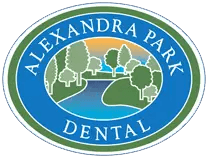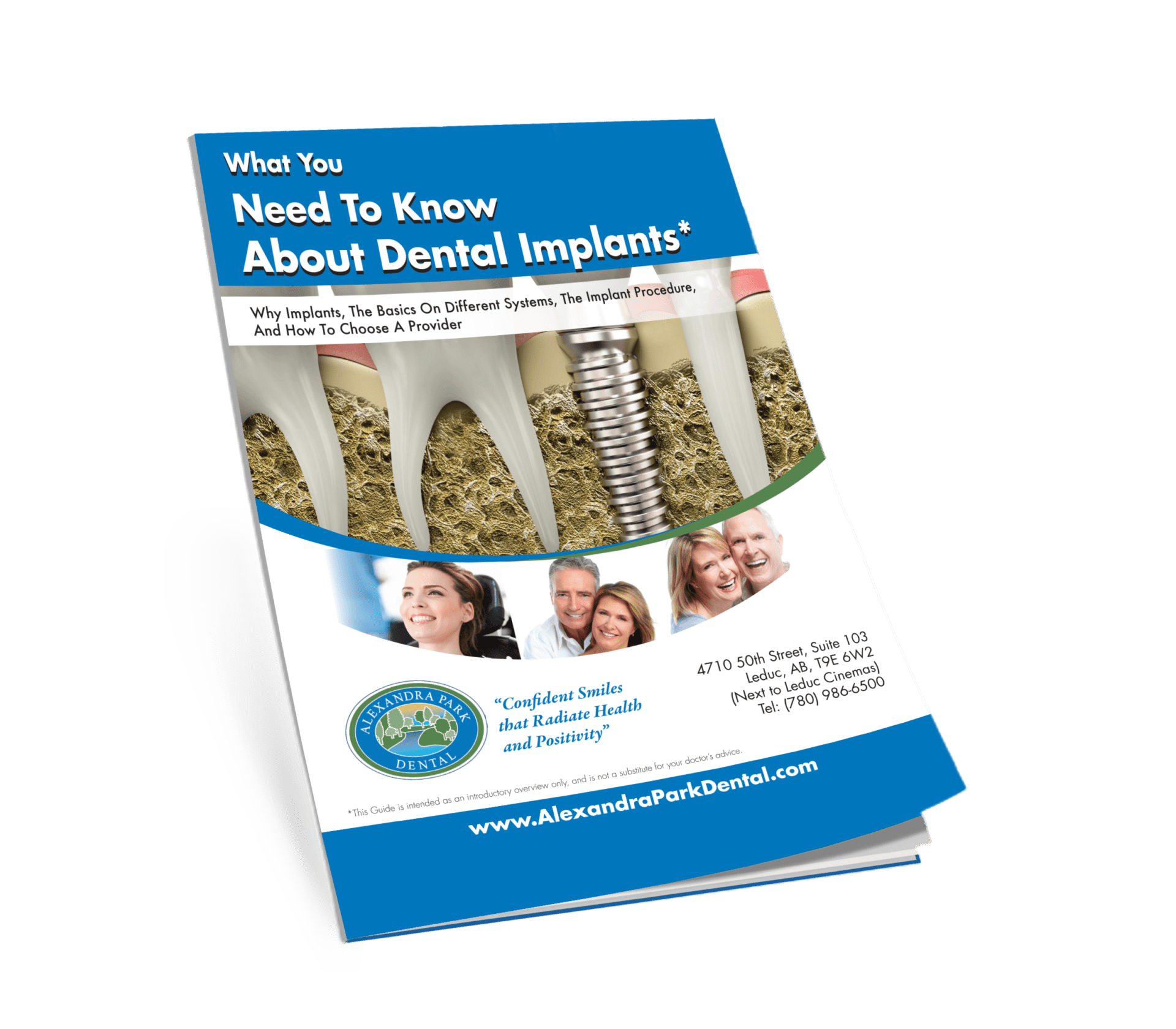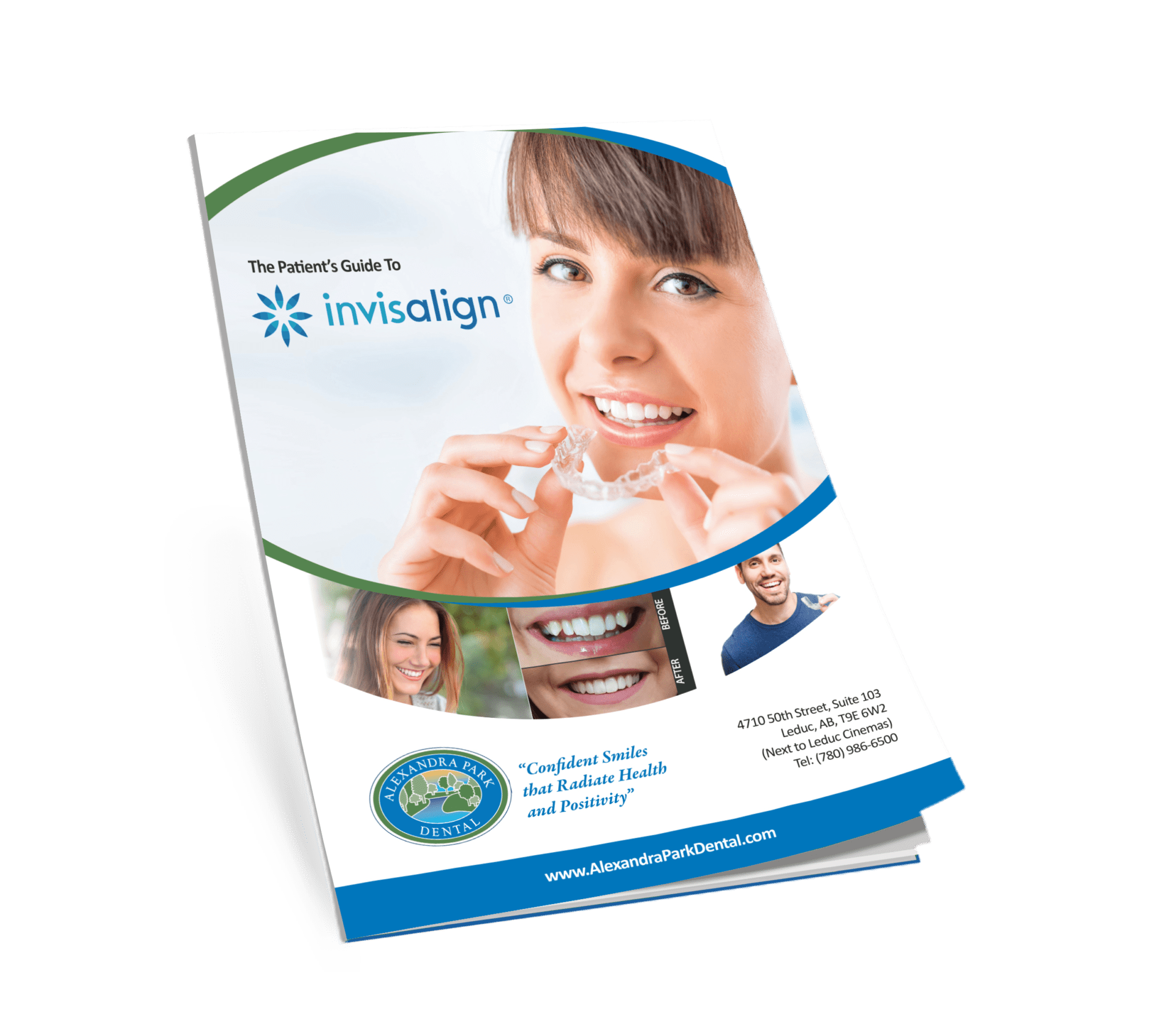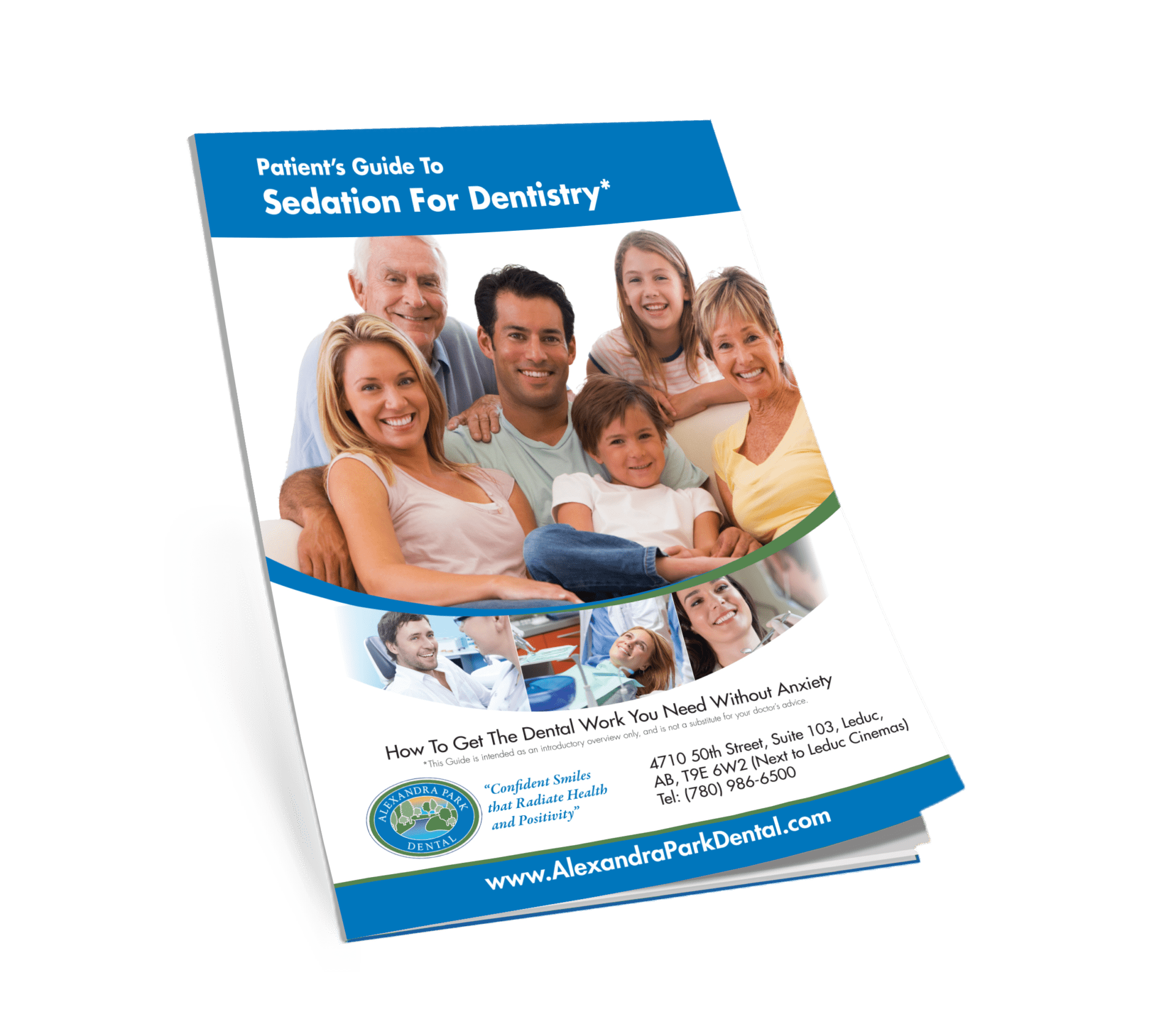Why Does My Jaw Hurt on One Side?
Jaw pain can be frustrating and disruptive. While occasional discomfort might seem minor, persistent or worsening jaw pain can indicate a more serious problem that needs attention. If your jaw hurts on one side, it’s important to understand the possible causes and seek appropriate care.
Let’s explore some common reasons for jaw pain and how you can find relief.
Common Causes of Jaw Pain
Temporomandibular Joint Disorder (TMD)
The temporomandibular joints (TMJs) connect your jaw to your skull on both sides of your face. Temporomandibular joint disorder (TMD) occurs when there is dysfunction or strain in these joints or the surrounding muscles and ligaments.
TMD symptoms may include:
- Jaw pain (often on one side).
- Clicking or popping sounds when moving the jaw.
- Facial pain or swelling.
- Headaches or earaches.
- Jaw stiffness or locking.
TMD can also result from habits like teeth grinding, jaw clenching, or sleeping on one side. If left untreated, TMD can lead to flare-ups that worsen discomfort over time.
Dental Issues
Advanced dental problems, like untreated cavities or infections, can cause jaw pain. When an infection spreads beyond the tooth into surrounding tissues, it can affect the jawbone, leading to one-sided pain. Prompt treatment of cavities and infections is crucial to prevent complications.
Sinus Infections
Inflamed or infected sinuses can cause pressure and pain in the face, which might extend to the jaw. This is especially common when sinus infections affect the upper sinuses near the cheeks.
Cluster Headaches
Severe headaches, such as cluster headaches, can radiate pain from the area around the eyes down to the jaw. This type of pain often occurs on one side of the face.
Sleep Apnea
Sleep apnea, a condition where breathing temporarily stops during sleep, may contribute to jaw pain. The repeated clenching or shifting of the jaw to keep the airway open can strain the muscles, leading to discomfort.
Relieving Jaw Pain
The best treatment for jaw pain depends on its cause. Here are some effective options:
TMJ Oral Appliances
A custom mouthguard or TMJ splint can help reposition the jaw, relieve tension, and protect against teeth grinding or clenching.
Muscle Relaxants
Medications may reduce muscle tension and alleviate pain caused by TMD or other muscular issues.
Hot or Cold Packs
- Use hot packs for muscular pain without swelling.
- Apply cold packs for pain with swelling to reduce inflammation.
Massage Therapy
Gently massaging the jaw area can ease tension and improve circulation.
Physical Therapy
Targeted exercises and stretches can strengthen the jaw muscles, improve mobility, and promote healing.
Seeking Professional Care
Jaw pain, whether mild or severe, can affect your ability to chew, speak, or sleep comfortably. Addressing the issue early can help prevent complications and improve your quality of life.
If you’re experiencing persistent jaw pain, our team at Alexandra Dental Clinic in Leduc is here to help. We offer personalized care to diagnose and treat conditions like TMD and other jaw-related concerns.
Contact us today to schedule an appointment and find relief from jaw pain.

Dental Hygiene & Cleanings Leduc.
Preventive dentistry is the key to a long-lasting, healthy smile. Professional dental care is just as essential as brushing and flossing regularly. Preventative care in the form of professional dental services is crucial to avoiding difficult and expensive dental issues later on.







